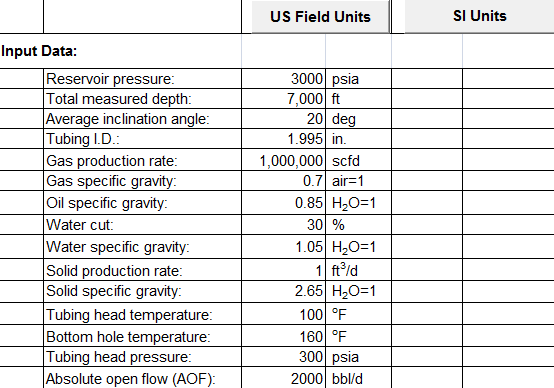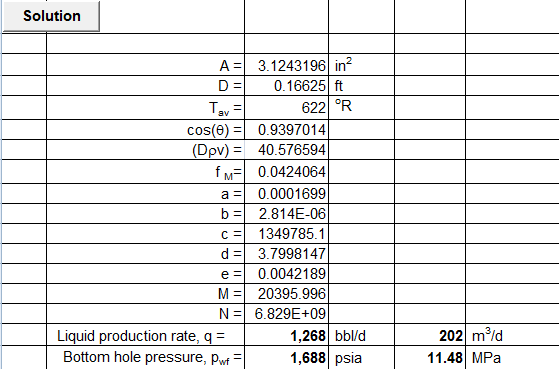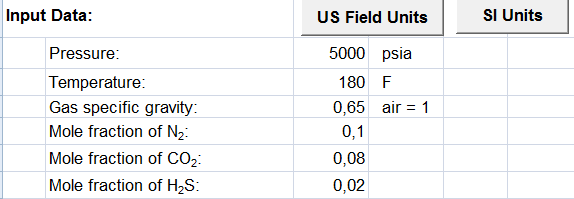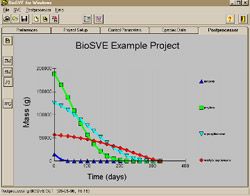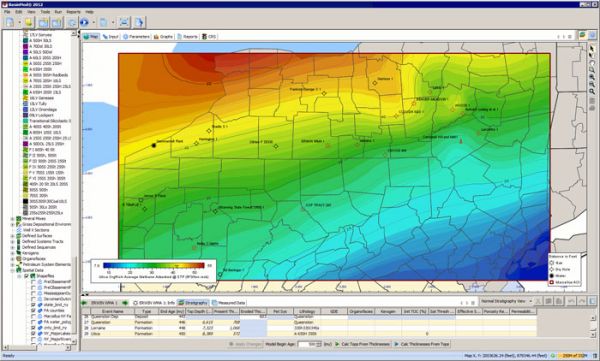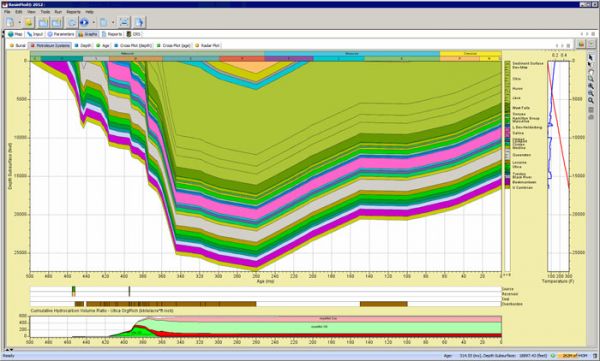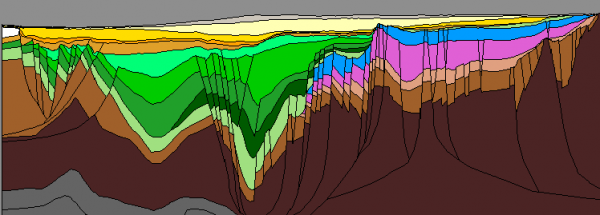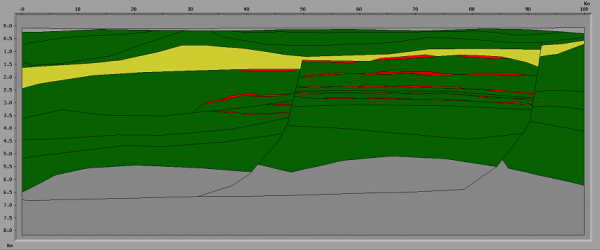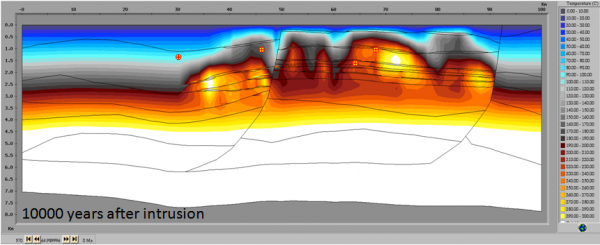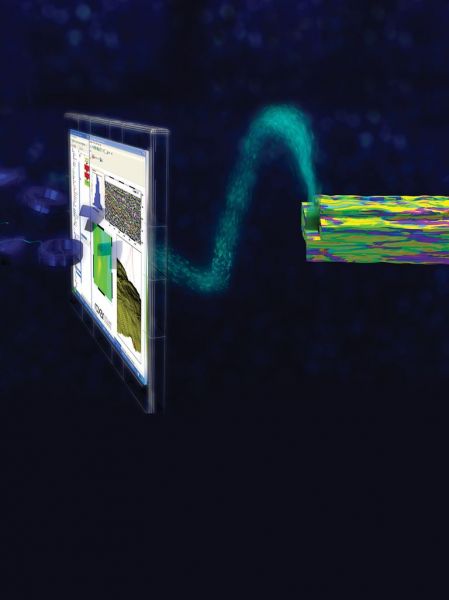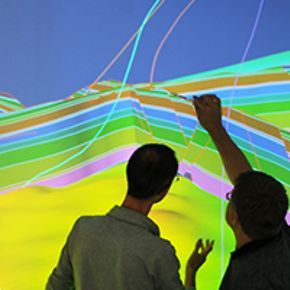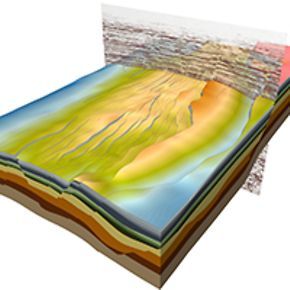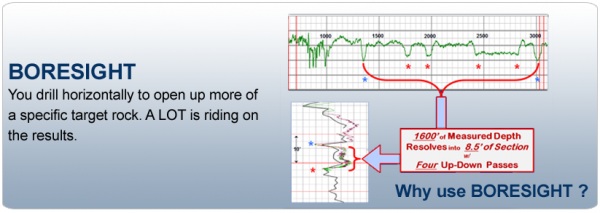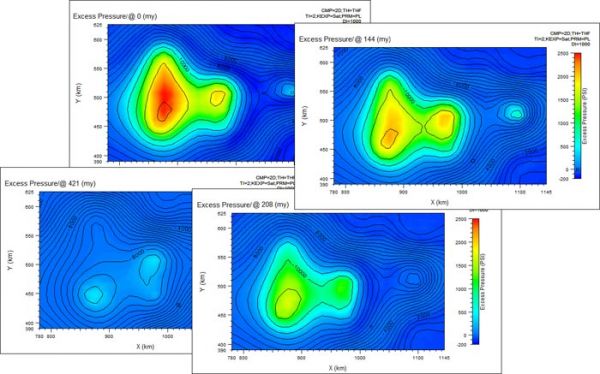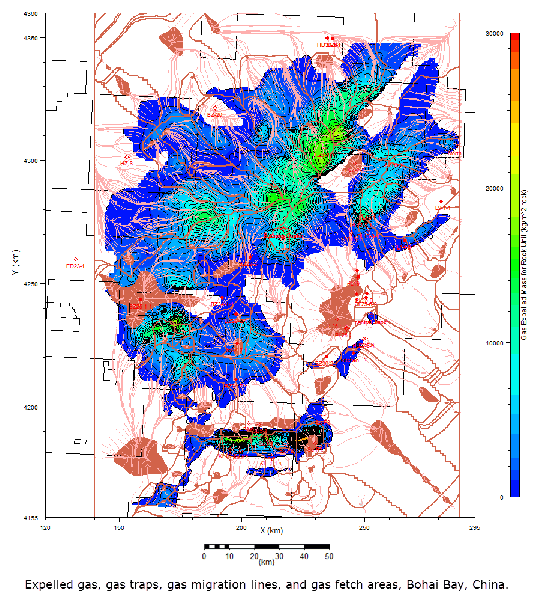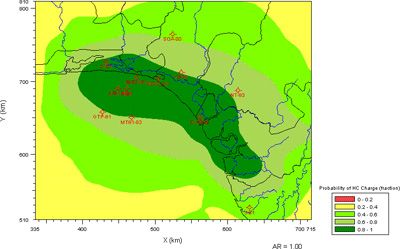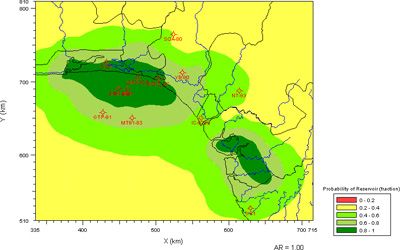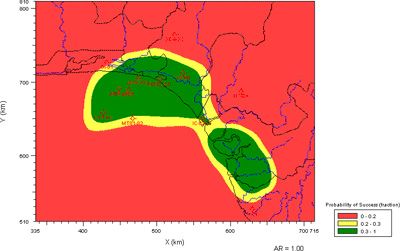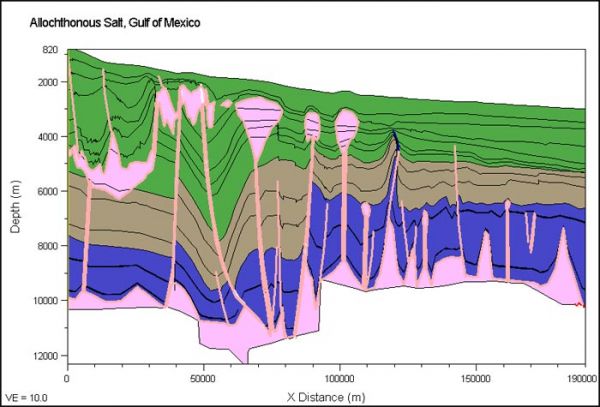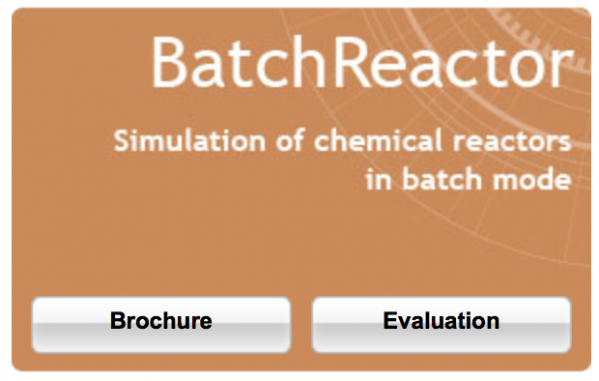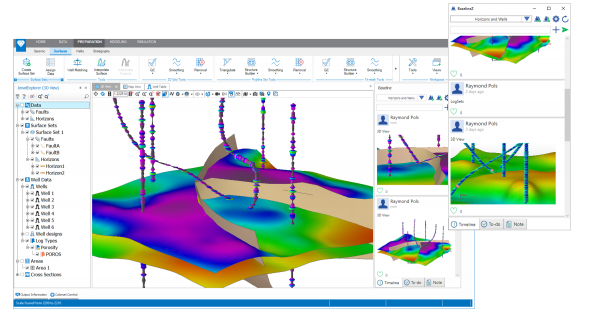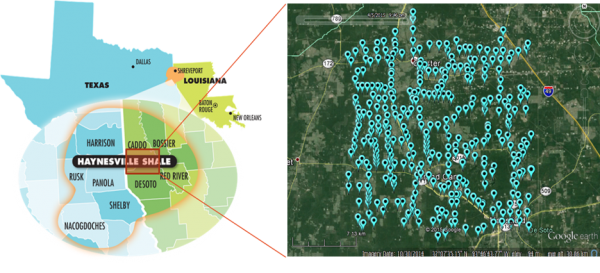List Categories and Listings by B
This spreadsheet calculates flowing bottom hole nodal pressure based on tubing head pressure and tubing flow performance using Guo-Ghalambor Method.
Bottom hole nodal oil spreadsheet is tools to calculate bottom hole pressure and based on tubing head pressure and liquid fluid rate.
On this spreads ...
Read More ...
This spreadsheet calculates gas well deliverability with bottom hole nodal. The graph solution is IPR Vs TPR and you can look optimum production rate in intersection curve IPR and bottom hole pressure.
This spreadsheet calculates gas compressibility factor based on Brill Beggs correlation. This method uses the general mechanical energy balance and the average in-situ density to calculate the pressure gradient. The Brill beggs method works for horizontal or vertical flow and everything in between. ...
Read More ...
Wes Frank
Bioplume III is a two-dimensional, finite difference model for simulating the biodegradation of hydrocarbons in groundwater. The Bioplume III model simulates both aerobic and anaerobic biodegradation processes in addition to advection, dispersion, sorption and ion exchange. Bioplume III simulates th ...
Read More ...
Multiphase Hydrocarbon Vacuum Enhanced Recovery (Bioslurping) and Transport
BIOSLURP is an areal finite-element model to simulate three-phase (water, oil and gas) flow and multicomponent transport in ground water in the unsaturated zone gas phase. BIOSLURP can be used to optimize the recovery of LN ...
Read More ...
Soil Vapor Extraction (SVE) and Vacuum Enhanced Recovery with Bioventing
BioSVE incorporates soil vapor extraction (SVE), vacuum enhanced recovery (bioventing) and biodegradation into one easy-to-use screening model. BioSVE is a user-friendly screeing tool which allows site evaluation with limited ...
Read More ...
BASINMOD Popular
Model the volume of hydrocarbon generation and expulsion through time for multiple wells. Both conventional and unconventional resource plays can be modelled. A wide range of other values are modeled including maturity, porosity, permeability, pressure and temperature, all of which can be used to fu ...
Read More ...
Basin modelling aims at reconstructing the evolution of a sedimentary basin in order to make quantitative predictions of hydrocarbons accumulations. The most important factors behind the generation of hydrocarbons in sedimentary basins are temperature and time. The temperature regime in a basin is a ...
Read More ...
Reliably Forecast Your Reservoir Production
How do you ensure that decisions are based on the latest and best possible understanding of the reservoir? Based on automated workflows from depth conversion to flow simulation and up to date information about the reservoir, Big Loop™ is a solution that t ...
Read More ...
Designed by a geologist with over 16 years' horizontal drilling experience, these are the goals which BORESIGHT was designed to meet:
Full functionality for all common horizontal well interpretation needs
Transparent and intuitive learning and operating process -- no hidden buttons; interpreter ...
Read More ...
BasinView links the products in the Petroleum Systems Suite, including BasinMod, BasinMod Risk and BasinFlow. Multiple BasinMod well models as well as surface grids or isopachs can be imported and used to generate surfaces for a multitude of calculated values. Results can be displayed as maps, cross ...
Read More ...
BasinFlow is a flow path modeling program (2.5-D) that combines source rock and carrier bed data with hydrodynamics to model oil and gas migration and entrapment potential at the prospect, play, or basin level.
BasinFlow:
Defines migration pathways and fetch areas.
Identifies structural, strati ...
Read More ...
BasinMod Risk addresses those risks associated with the elements and processes of petroleum systems, plays and prospects. Unlike deterministic modelling programs, BasinMod Risk utilizes a stochastic approach to modelling which tests thousands of assumptions and produces a range, or probability distr ...
Read More ...
BasinMod 2-D models dynamic geologic conditions within a petroleum system, by examining hydrocarbon generation from source rocks through secondary migration and accumulation in traps.
Model building:
Easily handle complex stratigraphy, including complicated unconformities.
Vary surface temperat ...
Read More ...
Simulation and optimization of batch distillation columns
Users of batch distillation columns (pharmaceuticals, specialty chemicals, essential oils, alcohols …) know the advantages of this process: great flexibility, a single column can separate complex mixtures, product identification, etc. They a ...
Read More ...
Simulation of chemical reactors in batch mode
Reducing production costs, responding to environmental or safety regulations, saving time in scale-up phases and new products launch... BatchReactor allows chemists and process engineers to rely on a dedicated tool to achieve these challenges. BatchReac ...
Read More ...
Our BaselineZ environment helps to address two of the biggest challenges faced by Oil & Gas companies: collaboration and information sharing.
Our solution provides connectivity at various levels: in the application, using your mobile devices and even using Mixed Reality and AR devices to visual ...
Read More ...
Bayesian Linear Inversion
LTrace Bayesian Linear Inversion provides a deterministic elastic seismic inversion using the linearized Bayesian methodology for estimating velocities or impedances and density. We use angle stacked seismic data - such as near, mid and far - along with low frequency model ...
Read More ...
Our patented technology – developed to analyze surface soil or seabed samples (few mm3’s from approx. 1 ft. depth) – recognizes otherwise undetectable hydrocarbon micro-seepage from prospective areas.
After the sample has been taken, first bacterial DNA is extracted from this sample, producing tagg ...
Read More ...

